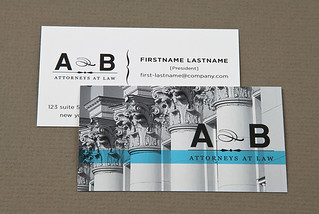Jacksons Law Agency
Knowledgeable Attorneys Help With Transactional And Litigation Issues
Respectful, genuine relationships rooted in upfront, open communication are the linchpin of every legal endeavor we pursue. Please use the filter below to view law firm profiles listed alphabetically by agency name. For over 35 years, Hammerle Finley Law Firm has been helping shoppers at every stage of life. enterprise legislation, also known as business regulation or mercantile law, the physique of rules, whether by convention, settlement, or nationwide or worldwide laws, governing the dealings between persons in commercial matters.
Educated Attorneys Assist With Real Estate, Energy And Litigation Points
“Larry is a superb lawyer. He kept me knowledgeable and helped me perceive my case. I am happy with the service I acquired from him.” To schedule a confidential session with considered one of our attorneys, name or Contact us. grbj.com supplies the same trusted and goal business reporting that the Business Journal is thought for — plus actual-time original content material, timely e-newsletters/alerts, exclusive blogs and extra. Business Journal subscribers receive the biweekly print version, together with bonus publications like the annual Book of Lists. We have a highly informative blog section that present attention-grabbing and well-researched info. These blogs are written around specific classes of regulation and basic subjects that have relevance to our areas of practice. For those who feel they’ve been unfairly charged with a criminal offense, we now have expert legal attorneys to defend you.

Our customized restructuring packages are designed to facilitate progress and capital raising. … Read More
Read more